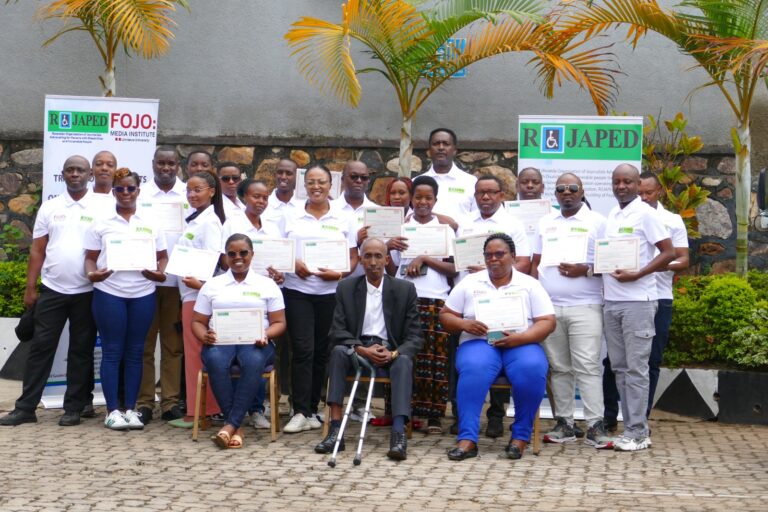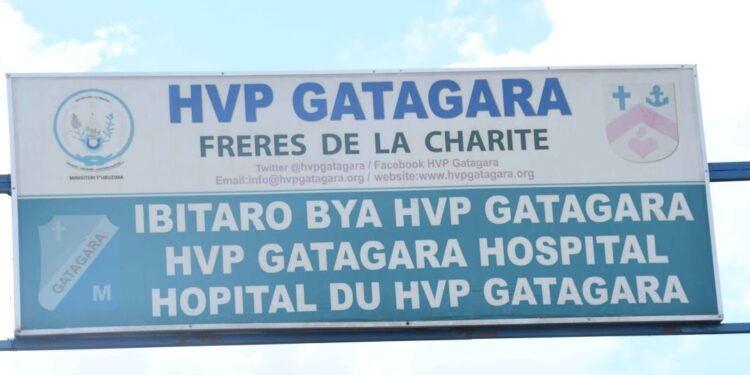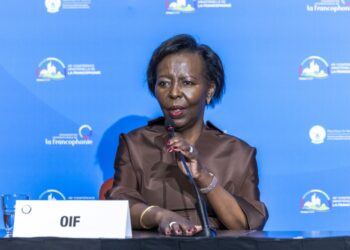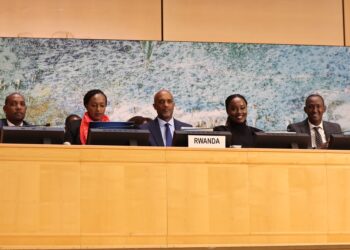Patients at Rwanda’s largest rehabilitation centre say promised coverage for therapies and assistive devices has yet to be implemented, leaving families struggling financially.
At HVP Gatagara, Rwanda’s oldest and largest Orthopedics and rehabilitation Hospital, patients say recovery often ends not because they are fully healed but because health insurance coverage runs out.
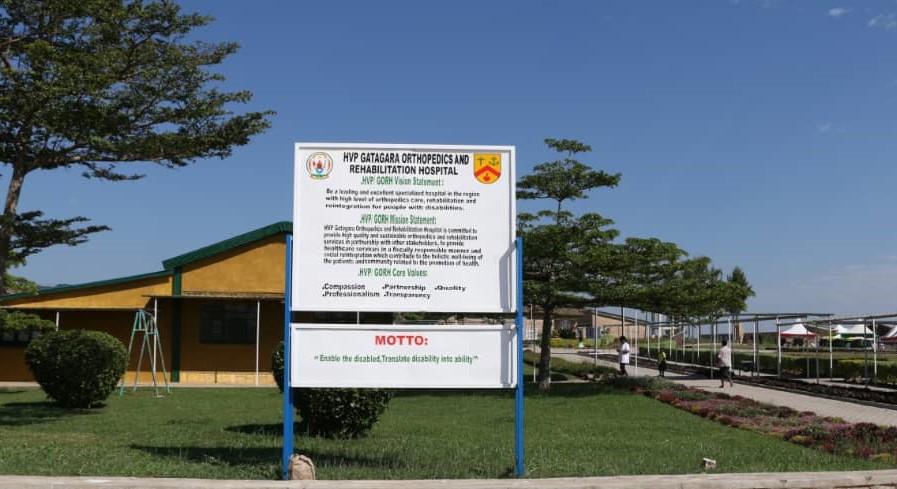
Under current policy, insurance covers only three months or 40 therapy sessions. After that, patients must pay entirely out of pocket, even if they still need rehabilitation.
A 2022 national survey estimated Rwanda has about 391,775 persons with disabilities, with 25.2% of adults aged 15 and older experiencing functional difficulty. Children account for roughly 20% of this population, highlighting the urgent need for accessible and continuous rehabilitation services.
Founded in 1983 and managed by the Brothers of Charity, HVP Gatagara treats around 4,000 patients annually, including 1,500 children who live at the centre for long-term care and education. Recognised in 2018 as a specialised hospital in orthopaedics and rehabilitation, it serves as a national reference point. Yet gaps in insurance coverage leave many stranded mid-recovery.
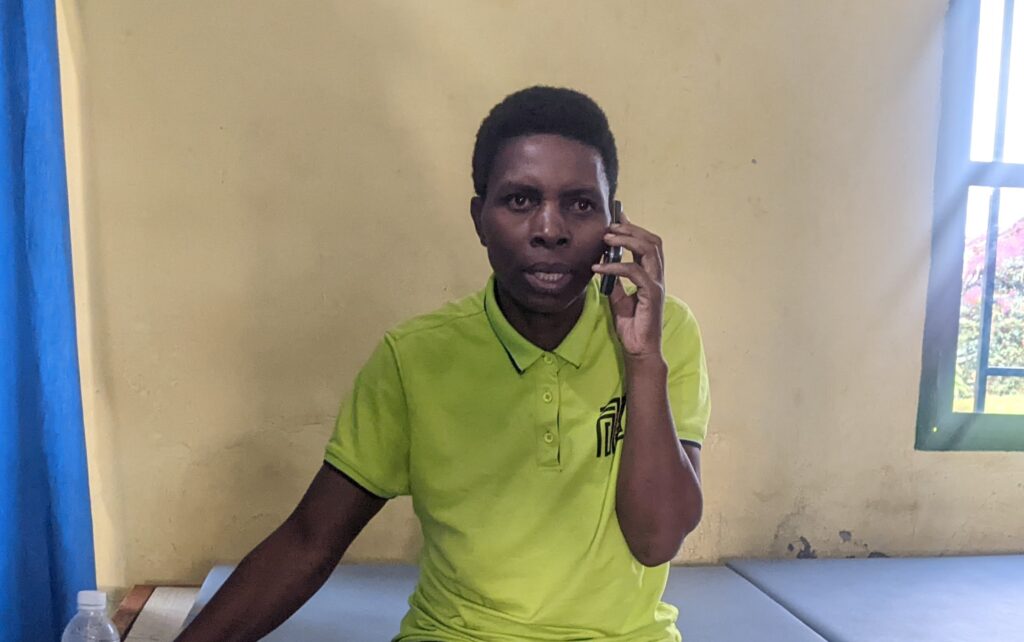
“I was paralysed and spent two months here,” said “The treatment helped me improve, but my insurance does not cover all the services I need. Once coverage ends, we are told to pay everything ourselves. Many of us simply can’t afford it.”
Beatrice Maniiragena, 40, a mother of three from Nyabihu district, shared a similar frustration after spinal surgery. “After three months I will be sent home, even when I am not fully recovered,” she said.
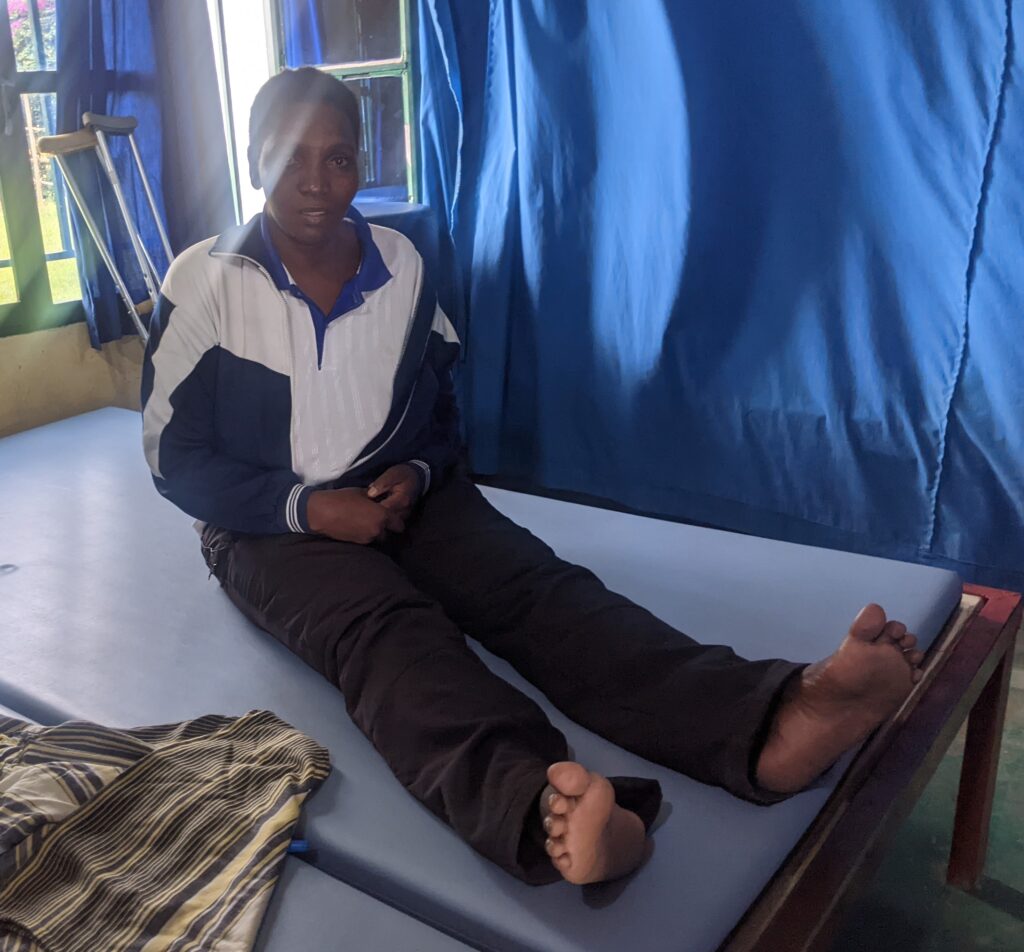
“When I return for assessment or further treatment, I must pay 100 percent from my own income because insurance no longer covers it. I am not financially stable. That is a big challenge.”
Staff at Gatagara confirm that insurance restrictions drive these problems.
“Insurance only covers certain conditions like spinal cord injuries, cerebral palsy, or post-surgery rehabilitation,” said Beatrice Byukusenge, Head physiotherapist.
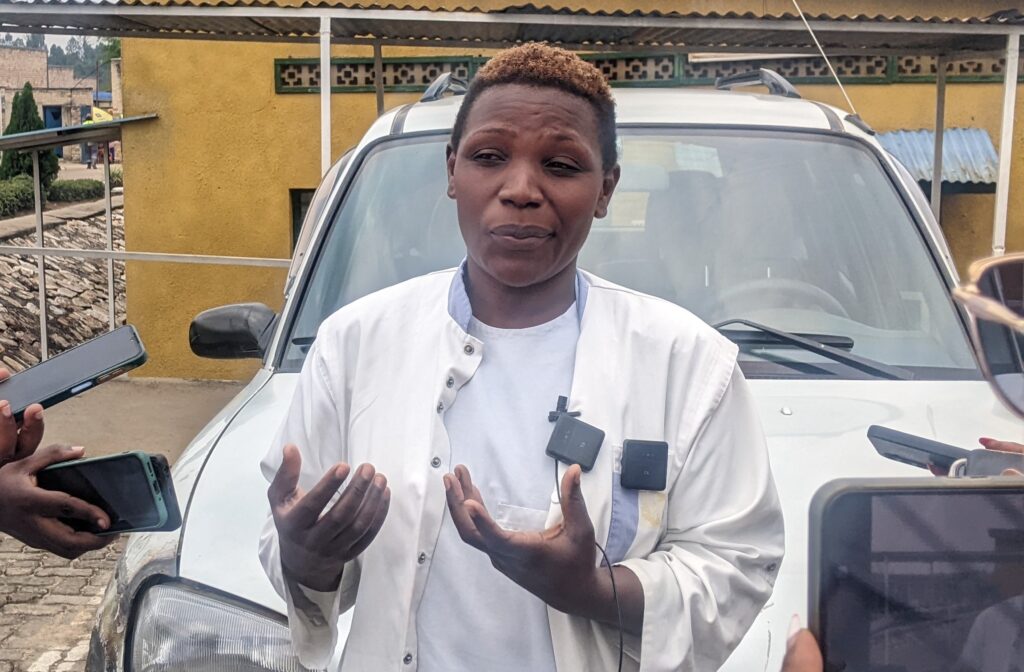
“Once patients complete 40 sessions or three months of hospital care, they are sent home on home therapy. When they return for further treatment, they pay entirely from their income. Elderly patients face the same limitation.”
Isaac Rukundo, head of the Prosthetics and Orthotics Department, said the centre is often caught between its rehabilitation mandate and rigid insurance terms. “Patients are not fully recovered when they go home, but because insurance coverage ends after the initial period, they must pay out of pocket to continue therapy,” he said. “This puts families under pressure and undermines the purpose of rehabilitation.”
Policy Promises Unfulfilled
Patients are also frustrated by unfulfilled policy promises. A 2025 cabinet decision announced that essential rehabilitation equipment, including wheelchairs, would be covered by insurance by July — yet months later, nothing has changed.
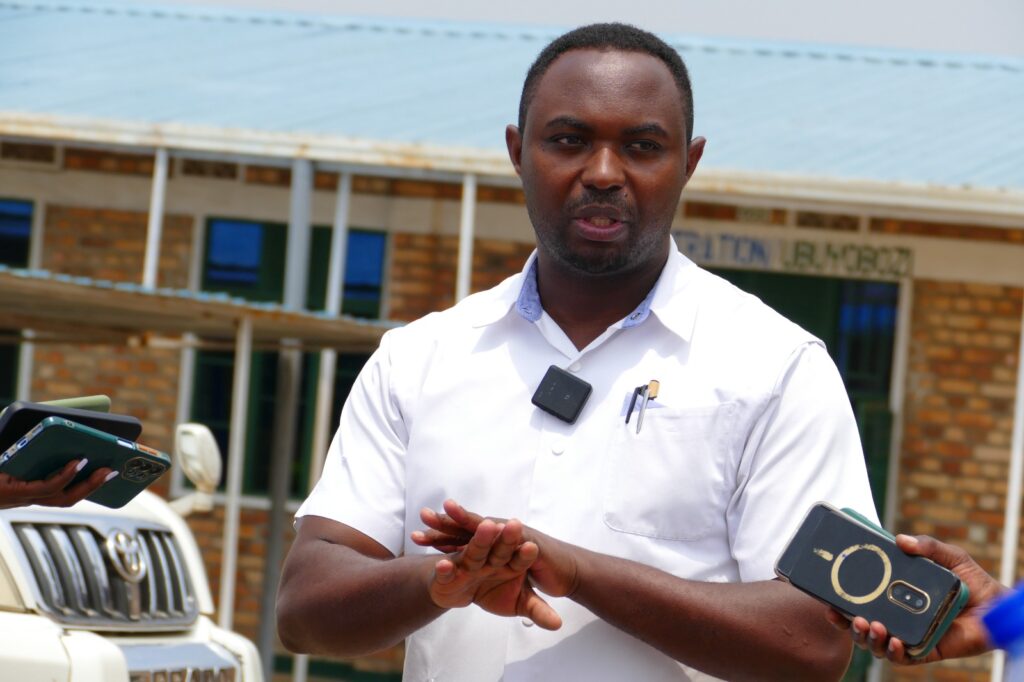
“Patients come expecting wheelchairs under insurance because the government said it would be covered,” Rukuundo said. “When we tell them it is not yet in effect, they accuse us of denying them their rights. We end up in conflict with people we are trying to help.”
Rwanda’s legal framework provides for greater support. Under Ministerial Order 19 of 2009, persons with disabilities with a degree of disability between 50% and 100% should have their Mutuelle de Santé premiums fully covered by the state. Those with 30–49% disability are entitled to half coverage, and if needy, the state should also support medical contributions and purchase of medicines. The order also guarantees free prosthetics and orthotics for patients with 70–100% disability, including repair and replacement, and mandates that district hospitals prioritise persons with more than 50% disability when accessing doctors.
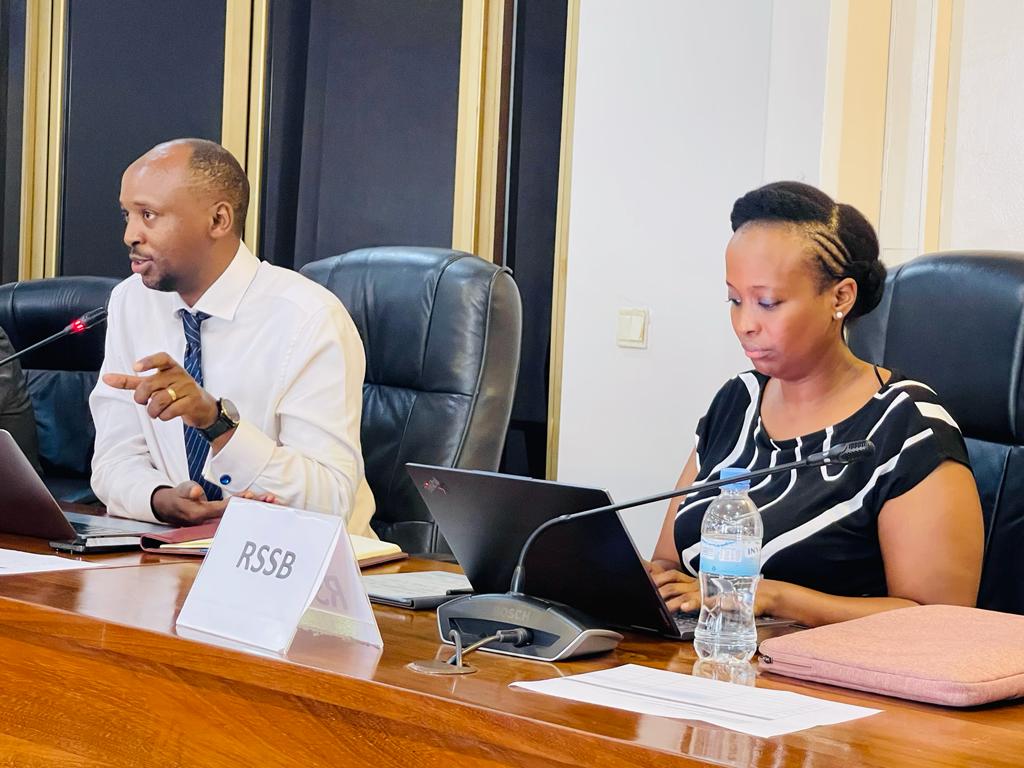
Yet implementation remains uneven. Many patients report that medicines are often out of stock or not covered under Mutuelle. A study by the Society for Health Economics and Outcomes Research (ISPOR) found that 18% of members are dissatisfied with services, 76% said prescribed drugs are not always covered, and 38% reported essential medicines are unavailable at health facilities. For persons with disabilities, these gaps mean rights exist on paper but remain elusive in practice.
Media Advocacy as a Tool
Beyond hospitals, advocates say public awareness is critical. A three-day training for journalists, organised by Rojaped in partnership with the Fojo Media Institute, aimed to equip reporters to defend the rights of persons with disabilities and raise public awareness about systemic challenges.
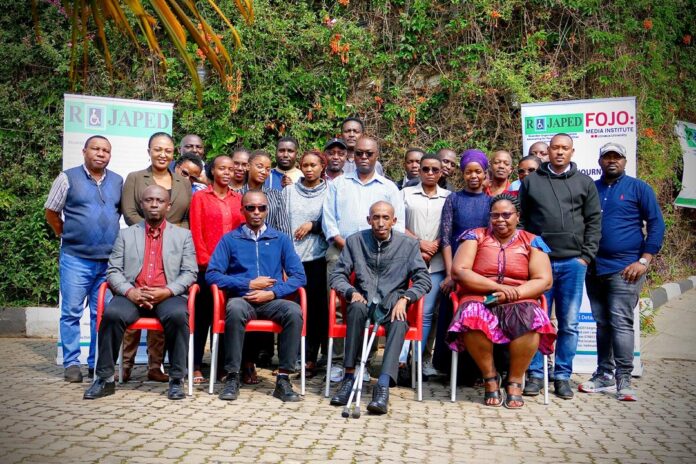
Jacques Mugisha, the Executive Director of Rwanda Union of the Blind highlighted barriers such as poverty, social exclusion, lack of employment, and limited access to assistive devices. “Journalists have the power to reach the public and influence both policymakers and the general population,” he said. “They can encourage people with disabilities not to remain silent but to fight for their rights.”
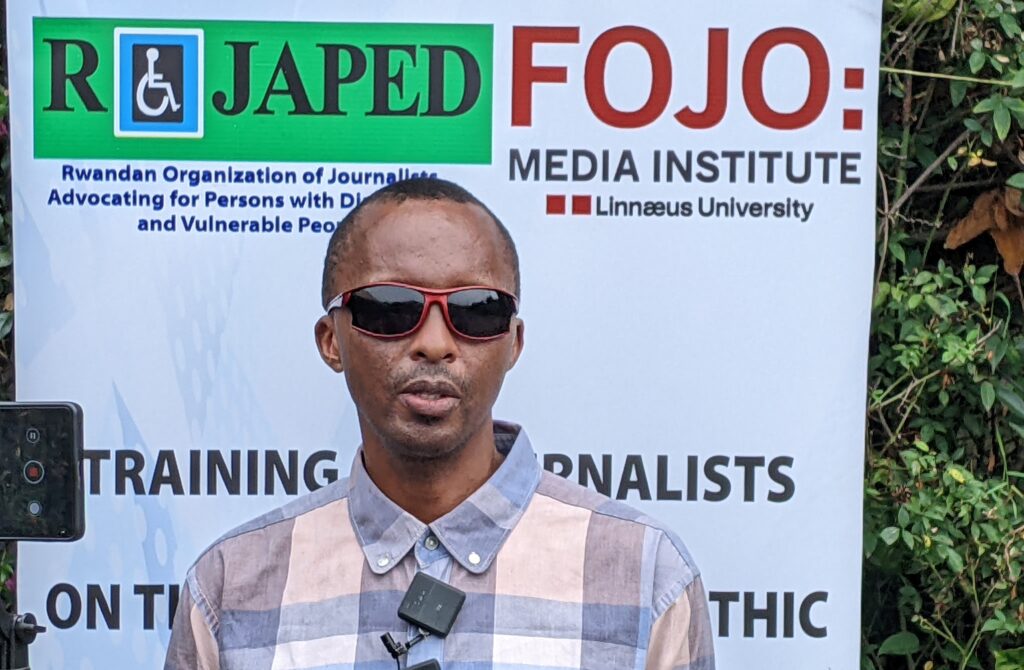
Participants in the training acknowledged that reporting often fails to give adequate space to persons with disabilities or challenges their dignity through outdated language. “Through this programme, I learned that persons with disabilities are capable and educated — they are people like everyone else,” said one journalist trainee.
For patients at Gatagara and thousands of others across Rwanda, the gap between policy promises and reality remains wide. Yet, with stronger advocacy, informed reporting, and responsive insurance reforms, experts and patients alike hope that rehabilitation can finally match the medical and human potential of those seeking to recover.
